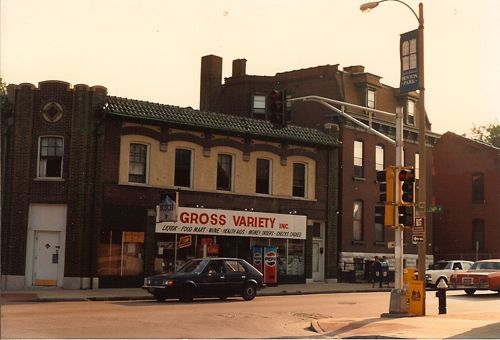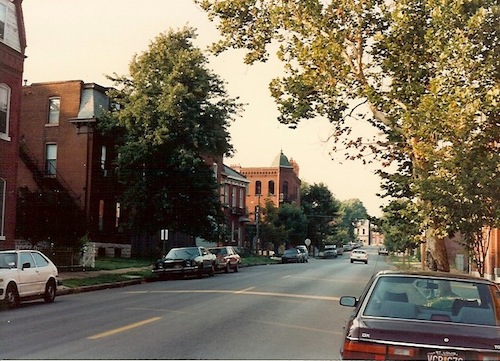Poll: Significant Progress Toward Racial Equality?

Today is the 48th anniversary of the 1963 March on Washington for Jobs and Freedom:
The march was initiated by A. Philip Randolph, the president of the Brotherhood of Sleeping Car Porters, president of the Negro American Labor Council, and vice president of the AFL-CIO. Randolph had planned a similar march in 1941. The threat of the earlier march had convinced President Roosevelt to establish the Committee on Fair Employment Practice and ban discriminatory hiring in the defense industry.
The 1963 march was an important part of the rapidly expanding Civil Rights Movement. It also marked the 100th anniversary of the signing of the Emancipation Proclamation by Abraham Lincoln.
In the political sense, the march was organized by a coalition of organizations and their leaders including: Randolph who was chosen as the titular head of the march, James Farmer (president of the Congress of Racial Equality), John Lewis (president of the Student Nonviolent Coordinating Committee), Martin Luther King, Jr. (president of the Southern Christian Leadership Conference), Roy Wilkins (president of the NAACP), Whitney Young (president of the National Urban League).
I didn’t realize a march was planned to take place 22 years earlier, not sure a march in 1941 would have been as successful as 1963. Think about the milestones that took place between 1941 and 1963,  those in quotes are from CNN:
- 1948 – The Supreme Court rules the state cannot enforce restrictive covenants (Shelley v. Kraemer), the case originated in St. Louis in 1945.
- 1948 Â – “President Truman issues an executive order outlawing segregation in the U.S. military”
- 1954 – ” The Supreme Court declares school segregation unconstitutional in its ruling on Brown v. Board of Education of Topeka, Kansas.”
- 1955 – “Rosa Parks is jailed for refusing to move to the back of a Montgomery, Alabama, bus. A boycott follows, and the bus segregation ordinance is declared unconstitutional.The Federal Interstate Commerce Commission bans segregation on interstate trains and buses.”
- 1957 Â – “Arkansas Gov. Orval Faubus uses the National Guard to block nine black students from attending Little Rock High School. Following a court order, President Eisenhower sends in federal troops to allow the black students to enter the school.”
- 1960 Â – “Four black college students begin sit-ins at the lunch counter of a Greensboro, North Carolina, restaurant where black patrons are not served.”
- 1961 Â – “Freedom Rides begin from Washington, D.C., into Southern states. Student volunteers are bused in to test new laws prohibiting segregation.”
- 1962 – “President Kennedy sends federal troops to the University of Mississippi to end riots so that James Meredith, the school’s first black student, can attend.The Supreme Court rules that segregation is unconstitutional in all transportation facilities.The Department of Defense orders complete integration of military reserve units, excluding the National Guard.”
For many the road to equality was simply taking too long. Â The post-march period saw a change in strategy from younger activists who didn’t want to wait a lifetime for equality .
The poll question this week is the same as a January 2011 Associated Press poll: “Do you think there has been significant progress toward Martin Luther King’s dream of racial equality, or don’t you think so?” The answer choices are also the same:
- Has been significant progress
- Don’t think so
- Unsure
The poll is in the upper right of the blog, mobile users need to switch off the mobile theme to vote from your phones.




